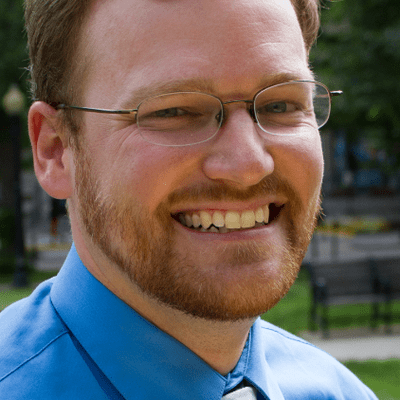Introduction
NATIONAL HARBOR, Md. — Three conservative attorneys had harsh words for the Federal Election Commission, the government agency tasked with regulating elections, during a campaign finance-themed event today at the annual Conservative Political Action Conference.
Benjamin Barr, who specializes in First Amendment law, predicted that continued legal challenges would help “lessen the teeth” of the FEC, which, in an ideal world, he said, would be “shut down.”
The agency’s regulatory authority “is very small,” he said, while lamenting that political activists have become “habituated” to “bowing in compliance with the federal government” by registering and reporting their financial activities to the six-member commission. The commission is now operating with five commissioners because of the resignation of Democrat Cynthia Bauerly in February.
Such talk came during a week when the nonpartisan Center for Responsive Politics estimated that the 2012 election cost more than $6.3 billion at the federal level.
While campaign finance reformers are also routinely critical of the FEC’s performance and lament the commission’s frequent deadlocked votes on key cases, they’ve typically argued that the federal government should be strengthened, not weakened.
But the regulatory environment today, Barr told the Center for Public Integrity, is that “six unelected bureaucrats in Washington” are creating “Rube Goldberg machines that weigh and balance eleven different factors that nobody gets.”
Fellow panelist Dan Backer, the principal attorney at DB Capitol Strategies, which offers campaign finance reporting and compliance services, called the current FEC commissioners “sweethearts,” but also offered some tough love.
“I don’t think anyone here is going to shed a tear if the FEC goes away,” he said.
“I just don’t think they behave like a federal agency should,” added panelist Allen Dickerson of the Center for Competitive Politics. “I see a very big difference between the FEC and other agencies.”
Dickerson argued that many of these problems could be “solved by a change in culture.” Barr said that the agency could improve by “liberalizing” its rules, even without disbanding.
The three men also agreed that the government had “greatly overreached” its regulatory authority — authority that many campaign finance reform advocates criticized as too tepid and plagued by gridlock.
“The government cannot create silly burdens for people who want to speak in public,” Backer said.
Existing federal reporting and disclosure requirements, the panelists stressed to CPAC attendees, were hindering conservative activists like them.
“The law as it stands today grants expansive rights to the most fringe organizations — fascist organizations, socialist organizations — to be able to speak anonymously, but yet center-right groups, veterans groups and the like must undergo all these burdens,” Barr said. “That can’t be the right state of affairs.”
A 1982 U.S. Supreme Court decision held that political donors to the Socialist Workers Party would face harassment if their names were publicly released, so the party is exempted from the FEC’s usual disclosure rules.
“Do fascists and socialists have a superior claim to First Amendment protections than the NRA or the Sierra Club? I don’t think so,” Barr told the Center for Public Integrity. “The First Amendment is not an accordion. We don’t shrink it and expand it as we see fit. Either it protects or it doesn’t.”
Read more in Money and Democracy
Primary Source
McConnell tries to paint Democrats as party of the rich
Senate leader criticizes Democratic nonprofit
Primary Source
Rick Perry zings fellow Republicans on national stage
Former presidential candidate blames some in GOP for Medicaid expansion

Join the conversation
Show Comments